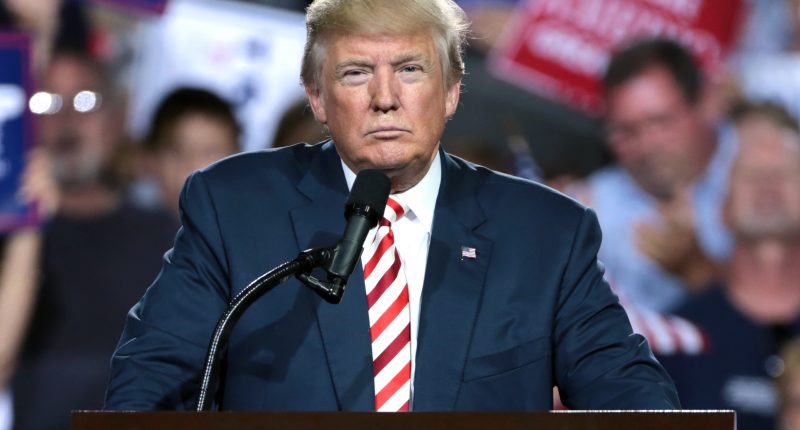As his term is coming to an end, the current United States President Donald Trump has strengthened his fight against China, and has banned eight Chinese apps through an executive order. The executive order was issued this Tuesday banning Alipay, CamScanner, QQ Wallet, SHAREit, Tencent QQ, VMate, WeChat Pay, and WPS Office.
White House stated this action comes as “People’s Republic of China, to include Hong Kong and Macau (China), continue to threaten the national security, foreign policy, and economy of the United States.” It goes on to argue that the United States must take “aggressive action” against developers of Chinese software applications to protect national security.
The executive order also mentioned the Indian Government’s decision to ban more than 200 apps since the rising tensions in 2020. India’s Ministry of Electronics and Information Technology had asserted the Chinese apps were “stealing and surreptitiously transmitting users’ data in an unauthorized manner to servers which have locations outside India.”
This has been one of the many attacks levied against China in a long list of stringent actions on the country’s aggression. In August last year, Trump had signed an executive order blocking U.S. transactions with WeChat and the ByteDance, the owner of short video app TikTok.
Also, Last November, an executive order was issued barring U.S. investment in Chinese companies, where it was argued that these companies were owned or controlled by “the Chinese military.”
The order aims to cement Trump’s tough-on-China legacy before the inauguration on 20th of Jan, of the President-elect of US Joe Biden. The Democrat leader has said little to say about how he plans to address specific tech threats from China and his transition team declined to comment on the executive order.
Despite the 45-day timeline specified by the order, the Commerce Department intends to act before the 20th to identify prohibited transactions, a U.S. official told Reuters.
The Tech Portal is published by Blue Box Media Private Limited. Our investors have no influence over our reporting. Read our full Ownership and Funding Disclosure →






